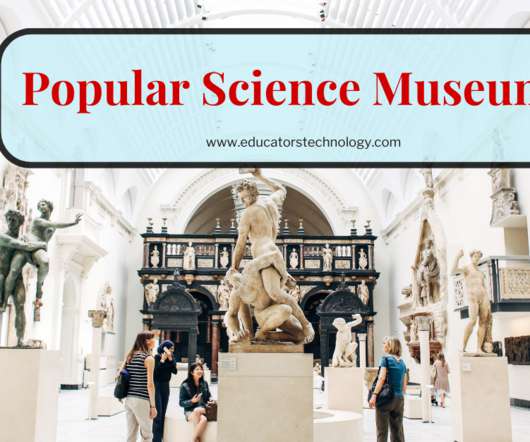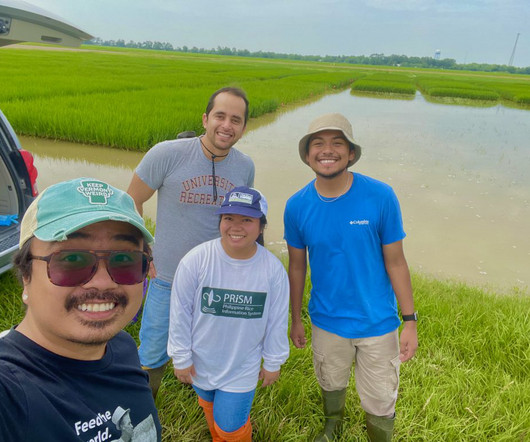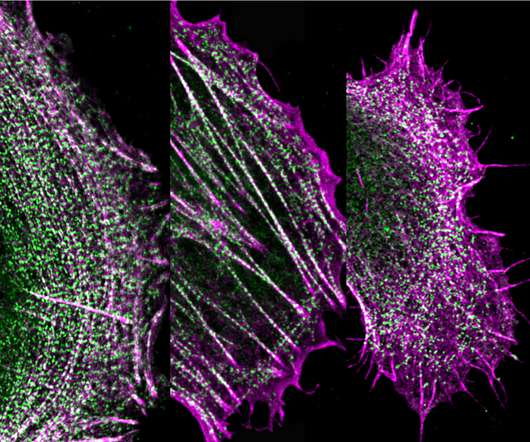7 Popular Science Museums
Educators Technology
NOVEMBER 3, 2022
From the invention of fire to Mars exploration, our insatiable appetite to discover and learn is getting wilder and wilder and with it our scientific knowledge. In today's post I share with you this collection of 7 popular science museums as featured in Google Arts & Culture. Visit the website of City of Space.











Let's personalize your content